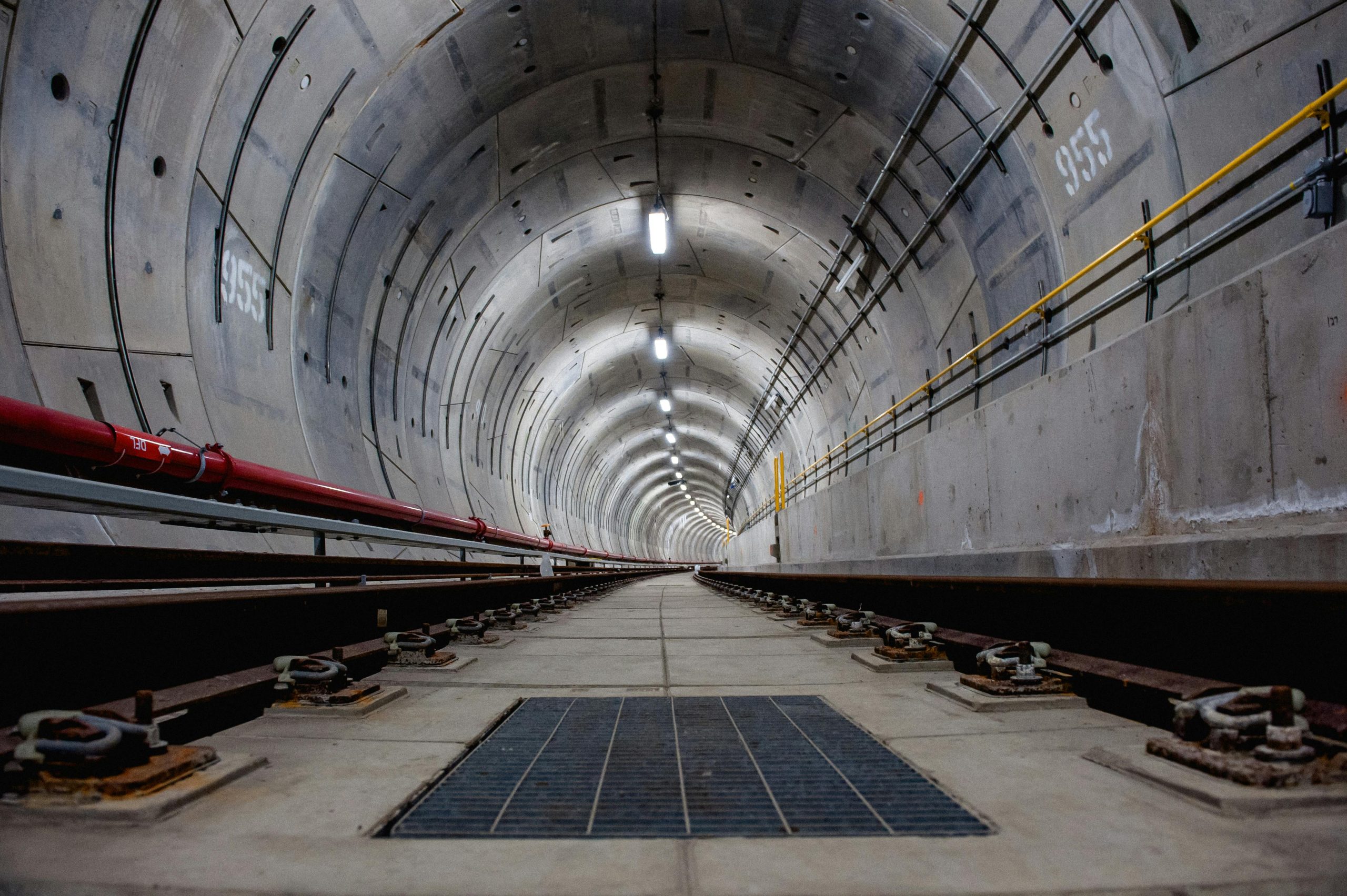The Controversial Roots of the Ku Klux Klan: A Historical Perspective
After the conclusion of the Civil War, America entered a tumultuous era known as Reconstruction, spanning from 1865 to 1877. This period was marked by significant efforts to rebuild the Southern states and integrate formerly enslaved African Americans into society with newfound rights and protections. However, it also witnessed the emergence of secretive and violent groups aimed at opposing this progress.
A prominent, albeit controversial claim is that Southern elite Freemasons played a pivotal role in the creation of the Ku Klux Klan, a clandestine organization that instigated terror to suppress the autonomy of newly freed Black Americans and undermine the Reconstruction efforts. Historical accounts suggest that early leaders of the Klan included influential figures such as Nathan Bedford Forrest and Albert Pike, both of whom were high-ranking members of the Freemason society.
The motivations behind the Klan’s formation were deeply rooted in the desire to maintain the Southern aristocracy, uphold a racial caste system, and prevent alliances among workers of different races. The Congressional hearings on the KKK in 1871 have documented ties between Masonic lodges and the early cells of the Ku Klux Klan, providing a controversial yet crucial insight into the influences and networks that facilitated the rise of this notorious group.
As we explore this complex chapter of American history, it’s important to scrutinize the intertwined legacies of organizations like the Freemasons and the horrific actions of the Klan, allowing us to understand better the societal dynamics that have shaped the nation.




This is a thought-provoking exploration of the historical connections between the Freemasons and the Ku Klux Klan. It’s crucial to approach this topic with nuance, as the links between these organizations can often lead to misinterpretations. While it’s true that some prominent figures within the KKK had Masonic affiliations, it’s vital to recognize that not all Freemasons participated in or endorsed the Klan’s violent ideologies.
Moreover, discussing the socio-political context of the Reconstruction era helps illuminate the broader motivations for the Klan’s formation. The fear of losing power and societal status was prevalent among certain groups in the South, which contributed to their willingness to resort to terror as a means of maintaining dominance.
As we investigate these historical narratives, we should also emphasize the importance of critically analyzing the sources and motivations behind such claims. This not only allows for a more accurate understanding of history but also encourages a dialogue about how past injustices continue to resonate in today’s societal structures. Recognizing these complexities is essential as we strive for an inclusive society that learns from its past.